Which soap won't give coronavirus a chance?
During a pandemic, people are wondering: what soap is best to use for coronavirus, so as not to leave the harmful strain of SARS-CoV-2 a single chance? Often their choice falls on antibacterial detergents or 72% laundry soap. However, doctors and virologists warn that daily use of such soap bars can have unpleasant consequences.
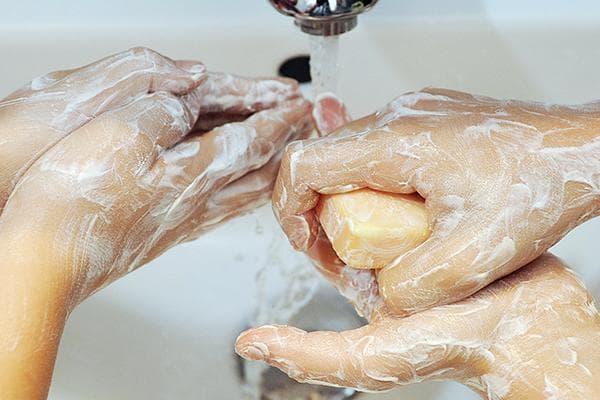
Bar soap
Bar soap is much more effective against coronavirus than liquid soap. It contains many fatty acid salts that can destroy the lipid membrane of SARS-CoV-2. However, some types of soap will easily destroy not only the infection, but also the protection of the skin of the hands. Let's figure out why this happens and what the abuse of aggressive chemicals is fraught with.
Economic
72% laundry soap is actively used to disinfect dishes, bedding and other household items, as well as to disinfect hands. It kills viruses, bacteria and fungi on the spot. All thanks to the high pH level - from 11 to 12 units.
Conclusions: Laundry soap can be used to wash vegetables, fruits, shoes, plastic packaging and other items to disinfect them from Covid-19. To avoid damaging the skin of your hands, you should definitely use gloves.
Antibacterial
It differs from the toilet one by the presence of antibiotics in the composition. Most often, triclosan is used to suppress microflora - a substance with a dubious reputation that accumulates in the body and can negatively affect health.
Conclusion: There is no point in using antibacterial soap against coronavirus.
Dressing
It varies in pH level (this indicator can vary from 5.5 to 7 units among different manufacturers), as well as in composition. It is preferable to choose toilet soap with a lower pH: it does not injure the skin as much, but is still able to fight viruses.
If among its components there are moisturizing, softening and nutritional additives, this is an additional plus.
Conclusion: ph 5.5 toilet soap is the best choice for hand washing during the coronavirus pandemic.
Children's
Baby soap also comes in different varieties. Despite the fact that it is positioned by manufacturers as softer, its ph level sometimes reaches 7 units.In terms of its virucidal properties, it is in no way inferior to the toilet. And since in most cases plant extracts (chamomile, string, aloe and others) are added to it, it irritates the skin less.
Conclusions: Instead of toilet soap, you can use baby soap - it kills coronavirus no less effectively than other types of soap. This also means that there is no need to buy other handwashing products for children.
Liquid soap
The composition of liquid soap is fundamentally different from bar soap, because it is made not from saponified fats, but from surfactants that were synthesized from various alcohols. These surfactants have long been known to everyone - they are called SLS and SLES.
Sodium lauryl sulfate (sodium lauryl sulfate) in its antiviral power is almost equal to ordinary soap, but sodium laureth sulfate (sodium laureth sulfate) is much weaker.
The common disadvantage of both surfactants is their slow action. If doctors recommend washing your hands with regular soap for 20 seconds, then to kill the coronavirus with liquid soap, you will have to keep the detergent on the skin twice as long. Whether it will worsen the condition of the skin of the hands depends on the composition.
Contrary to popular belief, you should not choose soap if it is made with the addition of glycerin: this component does not moisturize the skin, but, on the contrary, draws moisture from it.
You should always wash your hands - both in relatively safe times and when the Covid-19 pandemic is raging around. All you need is water and a piece of regular toilet soap. You should not think that the more aggressive the detergent, the more actively it will destroy the virus - the skin of your hands will be the first to suffer.
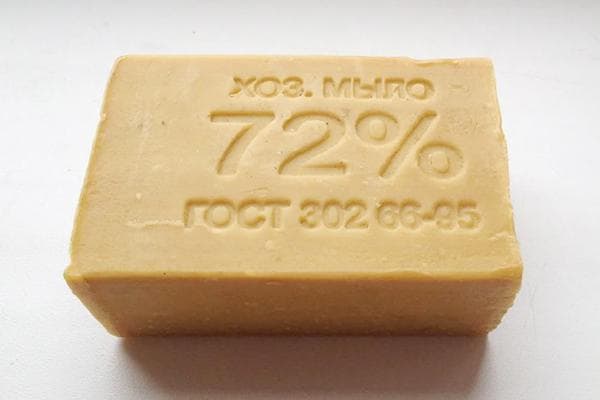
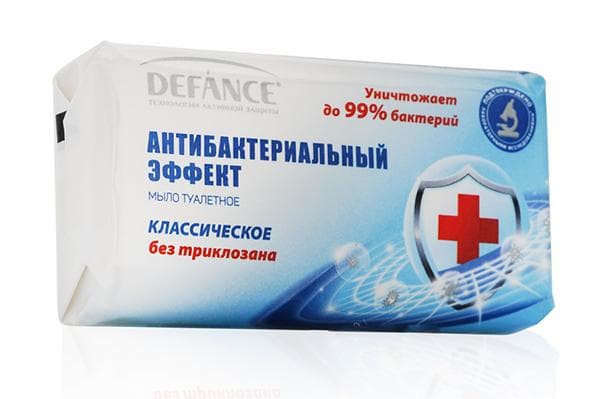
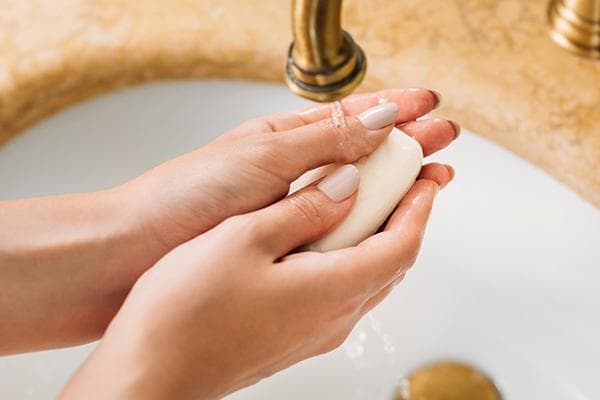
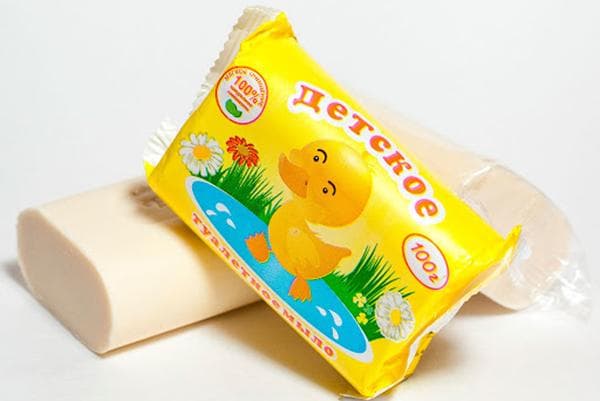
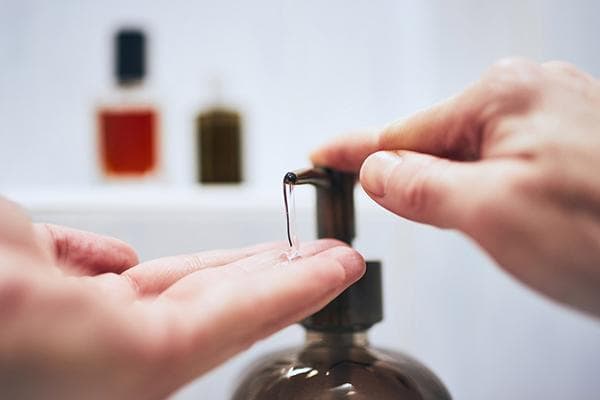
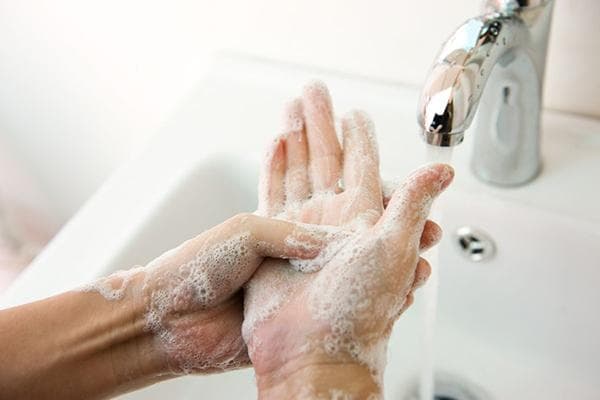
I washed myself in the army for 2 years and everything is fine.
economic
They didn’t say anything about tar